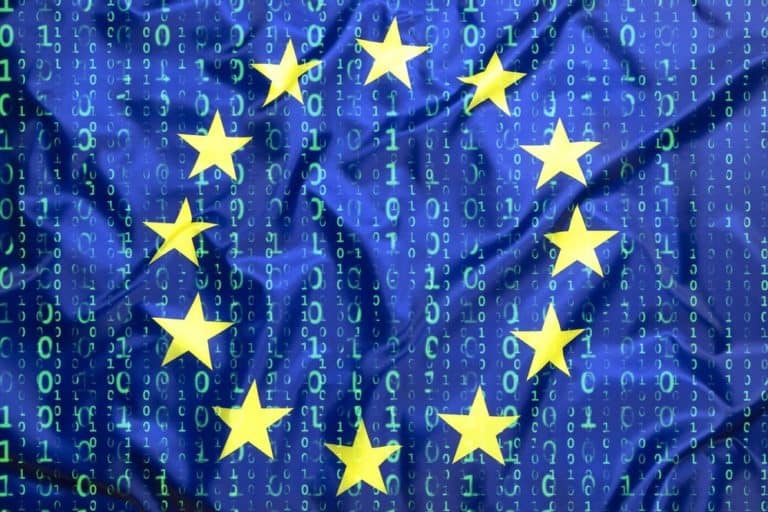The European Commissioner for Innovation, Research, Culture, Education and Youth leads a group of unicorns.
EU commissioner Mariya Gabriel met this week with leaders from some of Europe’s top start-ups and unicorns. The purpose of the meeting was to work on a new EU policy for innovation. The group hailed from 35 European companies that are either unicorns or on the path to become unicorns.
The gathering included one startup founder from each EU member state, including eight start-ups led by women. The selection criteria to join the group was based on the company’s technology, capital raised, and valuation. They also considered patents and other assets, and looked at what leadership role each company played in their relative market.
Gabriel expressed her thanks to the group in a Tweet on Tuesday. “Thank you to CEOs of Unicorns for sharing your success stories, experiences & ideas on how to improve #innovation in [the EU]. We need to address long standing issues, improve collaboration, attract more finance an incentivize our most brilliant minds to stay in [the EU].”
A diverse group comes together to pursue a common goal
The group participants were from a variety of industries including hardware, fintech, deep-tech and green-tech. The names included start-ups such as BlaBlaCar, Bolt, Cabify, Klarna, Zalando and Booking.com.
Gabriel said European unicorns are needed to “pave the way” towards a sustainable and resilient recovery. “We aim to ensure that the voice of leading innovators is heard all along the process of building an ambitious European innovation policy,” she said.
In the meeting, the group discussed how innovation can contribute to a green transition. They also looked to safeguard Europe’s tech sovereignty. In addition, they affirmed the importance of deep-tech and lessening the fragmentation of regulation across innovation areas.
Martins Valters a participant from Latvian start-up Mintos, spoke about the importance of lessening the fragmentation within regulatory frameworks.
“Our company is currently in the process of becoming a regulated marketplace and the effort on the regulators side is significant to be able to synthesise existing regulatory frameworks and our innovative service – such processes should have more support for both regulators and start-ups,” he said. “I think we should remove the unnecessary obstacles.”
The leaders will meet quarterly to discuss their experiences, visions and ideas for the creation of a unified European innovation ecosystem.
